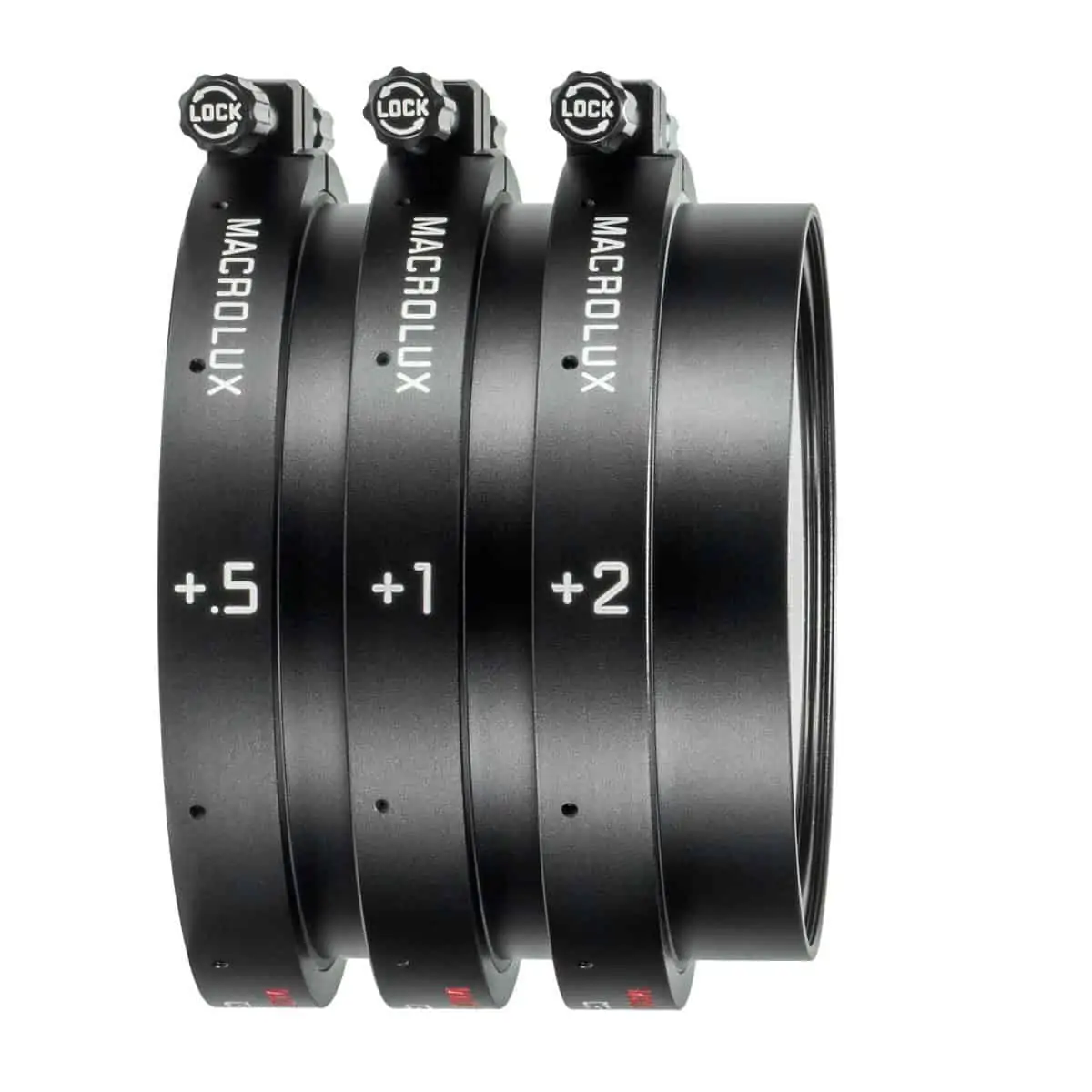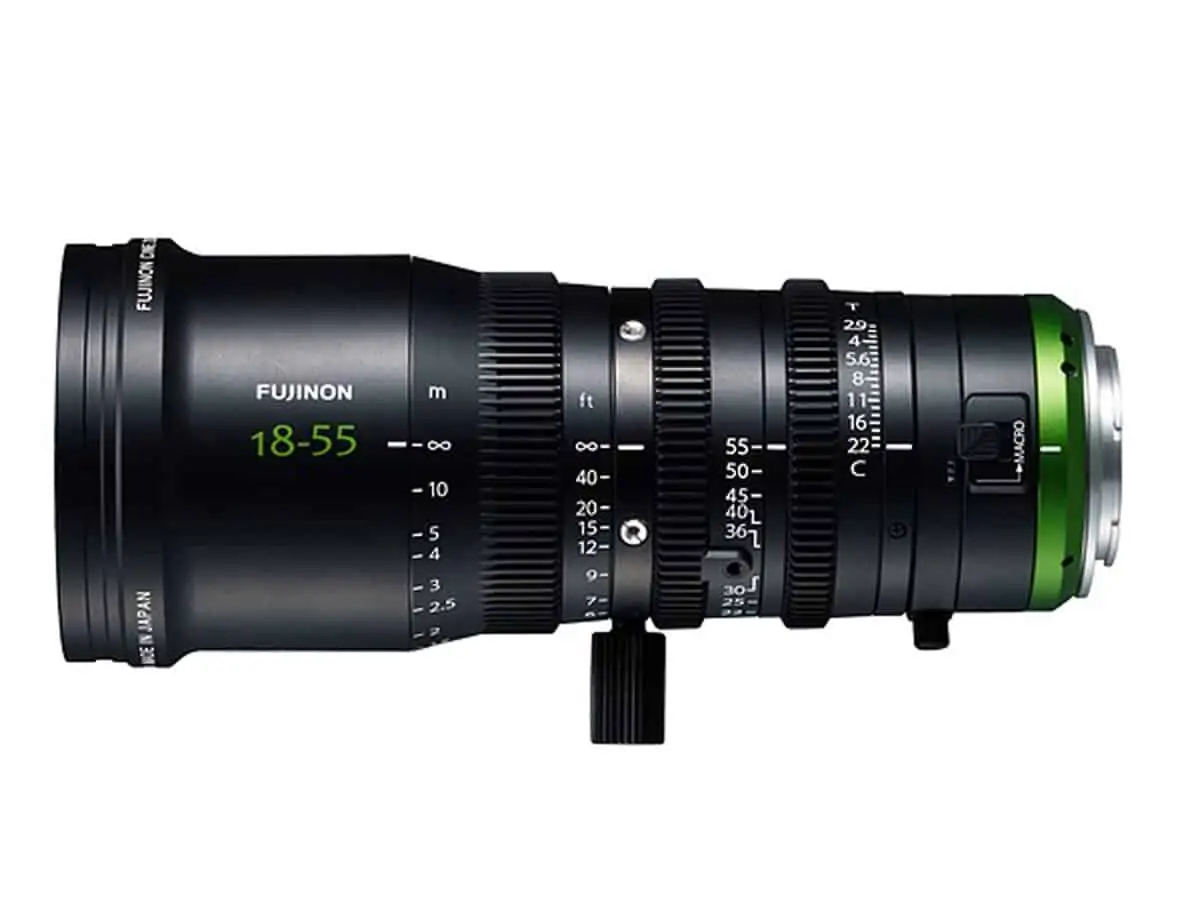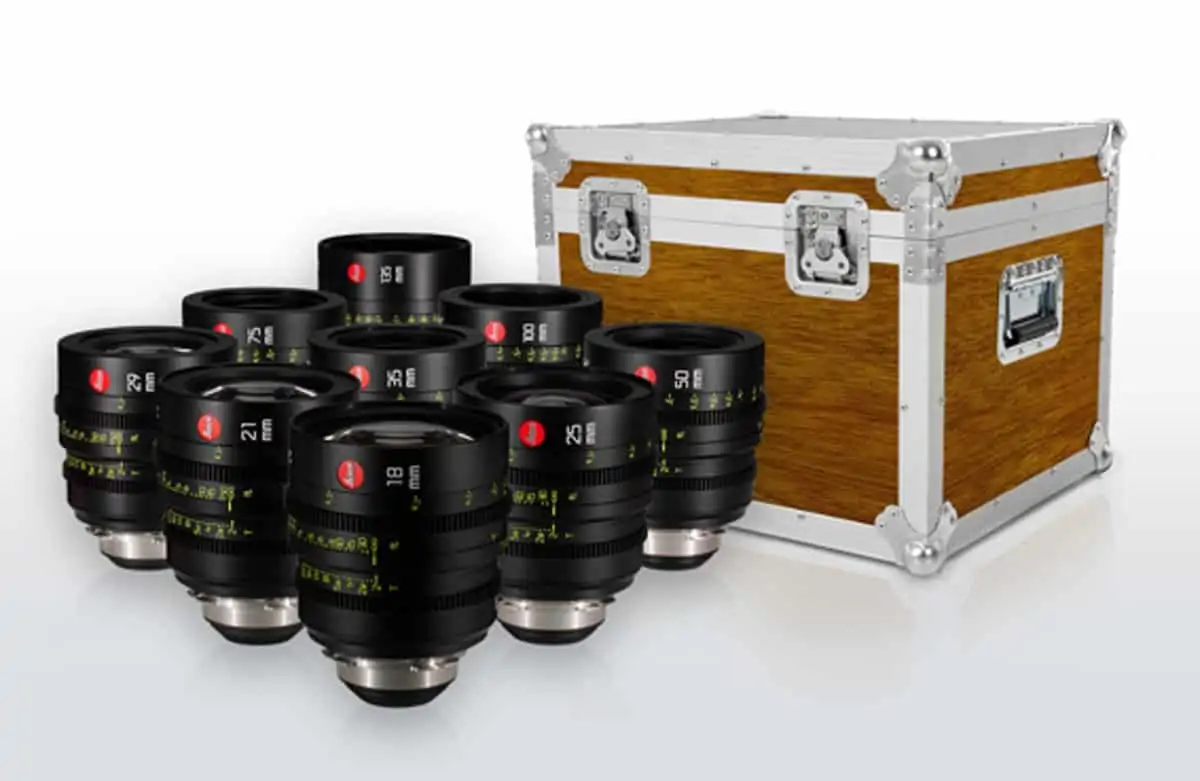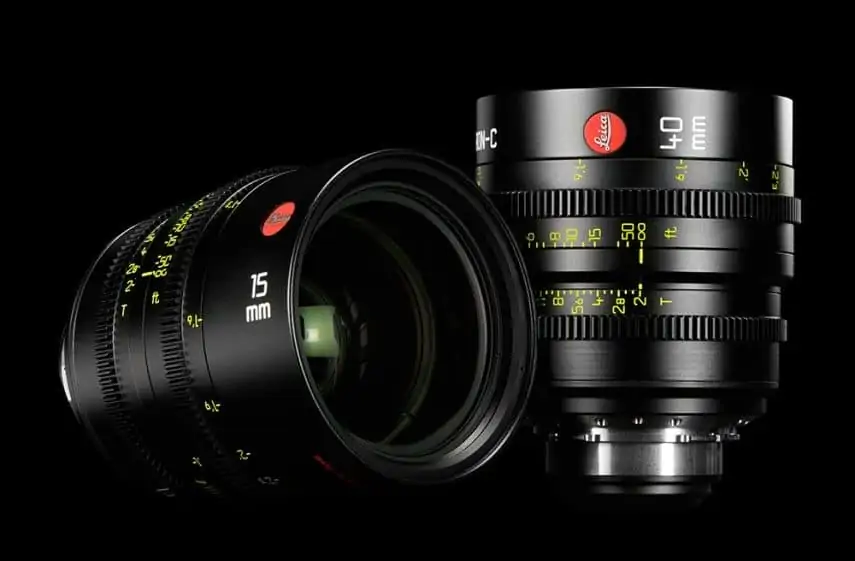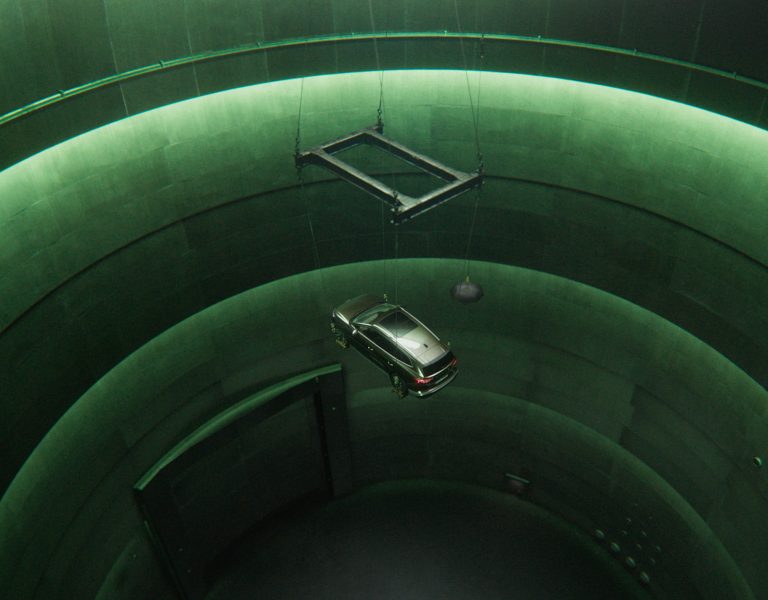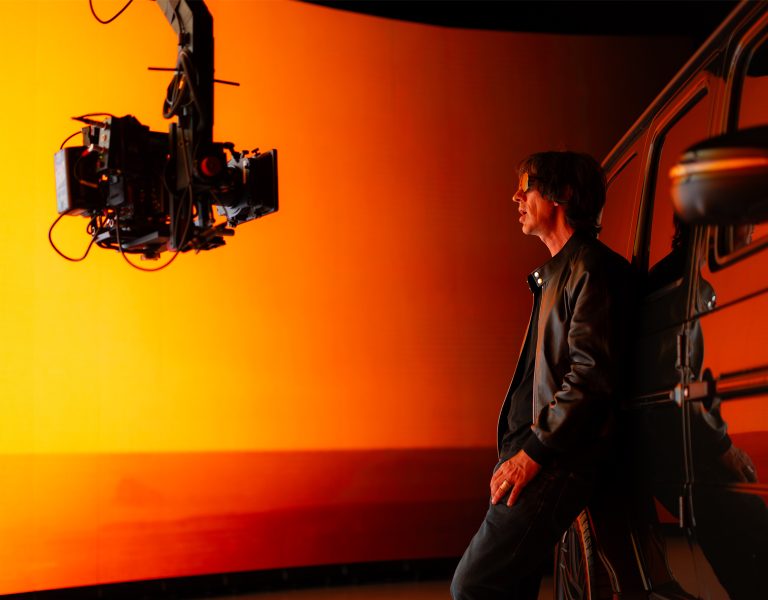CW Sonderoptic, sister company to Leica Camera, has introduced two new lenses in the Leica Summicron-C cine lens family plus a new dioptre.
The new 40mm T2.0 and 15mm T2.0 lenses share Leica’s iconic “creamy sharpness” image quality, delivering the favourable and natural treatment of skin tones without sacrificing clarity or resolution. These lenses bring the growing Leica Summicron-C family of primes to 11 focal lengths, all T2.0. They also maintain the compact, lightweight and reliable build quality of the other focal lengths. Whilst all lenses have matched focus and iris ring locations and 95mm front diameter, the 15mm lens is slightly longer like the 135mm.
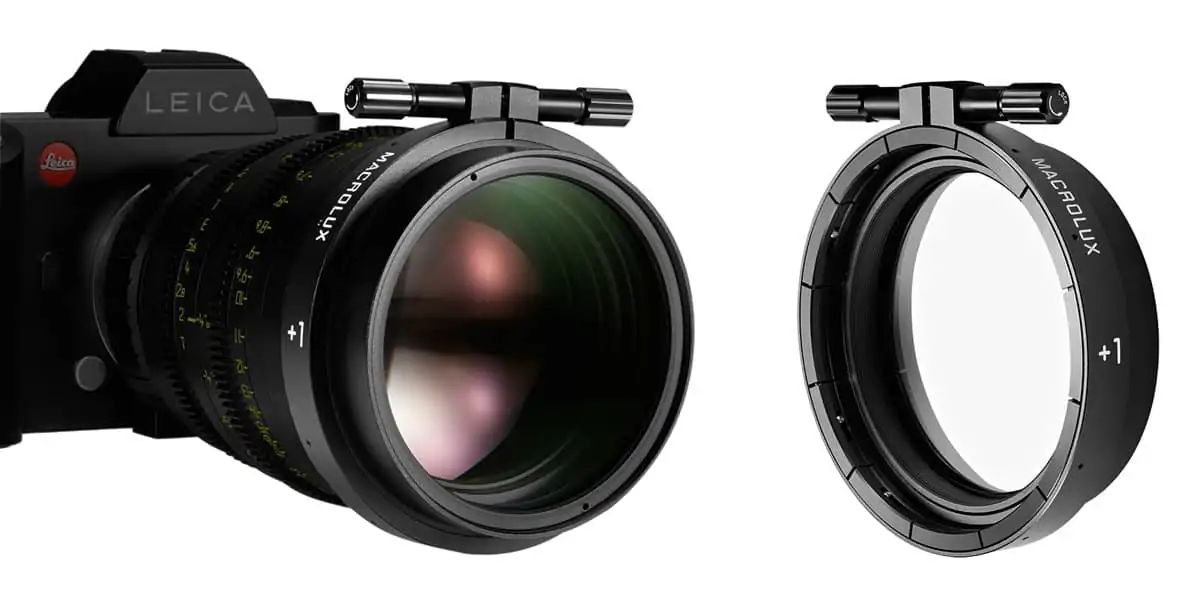
“With the recent popularity of the Leica Summicron-C lenses in the high-end feature film, television and commercial markets, we received many requests to add more focal lengths,” said Gerhard Baier, managing director of CW Sonderoptic. “Highest on the wish lists were the classic 40mm and a very wide lens. The decision to go with a 15mm is a nod toward one of Leica’s most iconic and popular still photography lenses, the 15mm R lens. Although this is a brand new optical design, we are constantly inspired by Leica’s timeless image quality when designing for motion pictures.”
The Leica Summicron-C 40mm lens is expected to deliver in June 2016 with the Summicron-C 15mm to follow in October 2016. Recent productions that chose Leica Summicron-C lenses include: Snowden from Oliver Stone, Sundance standout Equity, HBO’s Togetherness and The Young Pope, as well as Mr Robot on USA and Criminal Minds on CBS.
The new Leica Cine MacroLux +1 dioptre offers cinematographers and lens owners a creative way to get different looks and extend the performance of prime, zoom and anamorphic lenses with 95mm front diameters.
The dioptre, a secret weapon of classic cinematography for decreasing the minimum focus distance of lenses, has been reinvented for single sensor digital cameras. Often dioptres are thought of as a tool for table top work on longer lenses, but the creative possibilities extend well beyond macro imaging into the world of the wide and the beautiful.
“The secret of the Leica Cine MacroLux”, said Baier, “is not just about what happens in focus, but what happens out of focus. Using the Cine MacroLux on wide or mid-range focal length lenses throws the background further out of focus and accentuates beautiful elements like focus fall off and bokeh.”
The modern lens design of the Leica Cine MacroLux creates a high performance optic with no perceptible light loss, spherical aberrations, colour fringing or centring issues. This means that in an interview setup with a close background you can create more separation without distorting the subject. It is also useful for creating separation when shooting at a deeper stop.
The custom coatings offer a high resolution and contrast along with a colour temperature matched to the natural, neutral look of the Leica Summilux-C and Summicron-C lenses, although it also pairs well with other lenses, including Anamorphics.
Not only does the Leica Cine MacroLux quickly clamp onto the front of the lens, but the mechanical design also allows for two or more to be stacked to increase the effect. Regular or clamp-on matteboxes can be used as well. An innovative double-screw tightening system allows it to be safely and securely attached or removed from either side of the camera.
